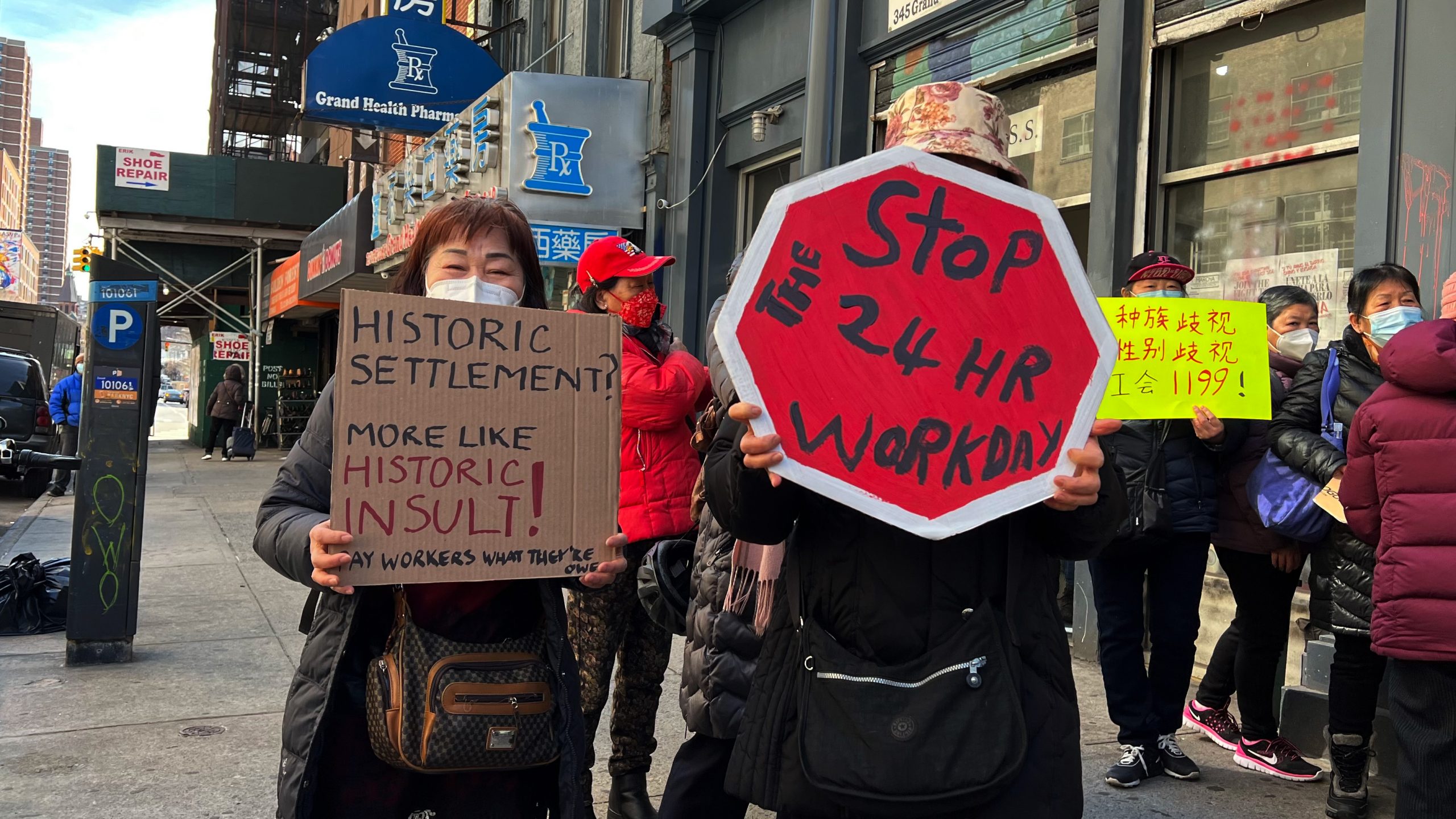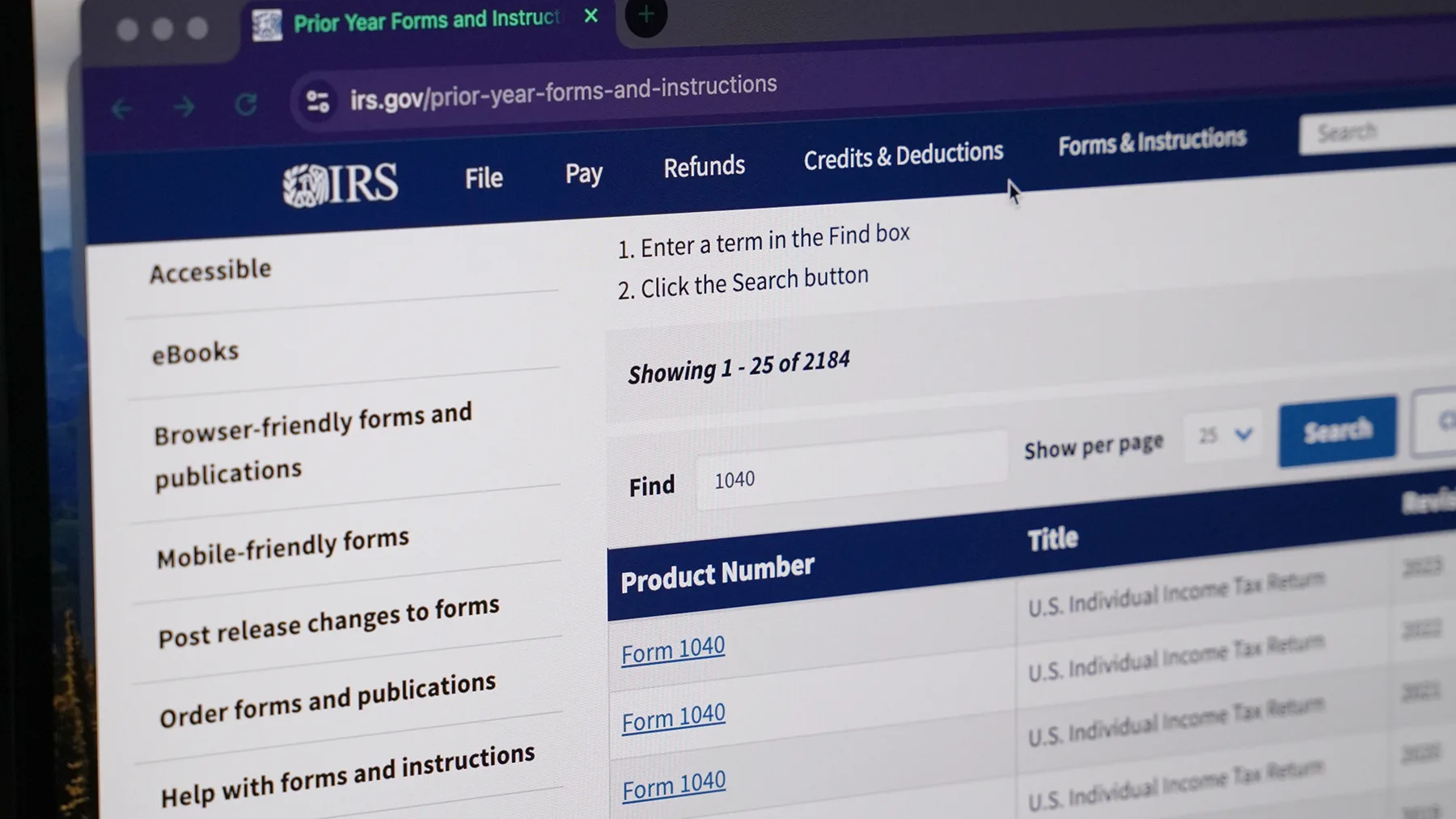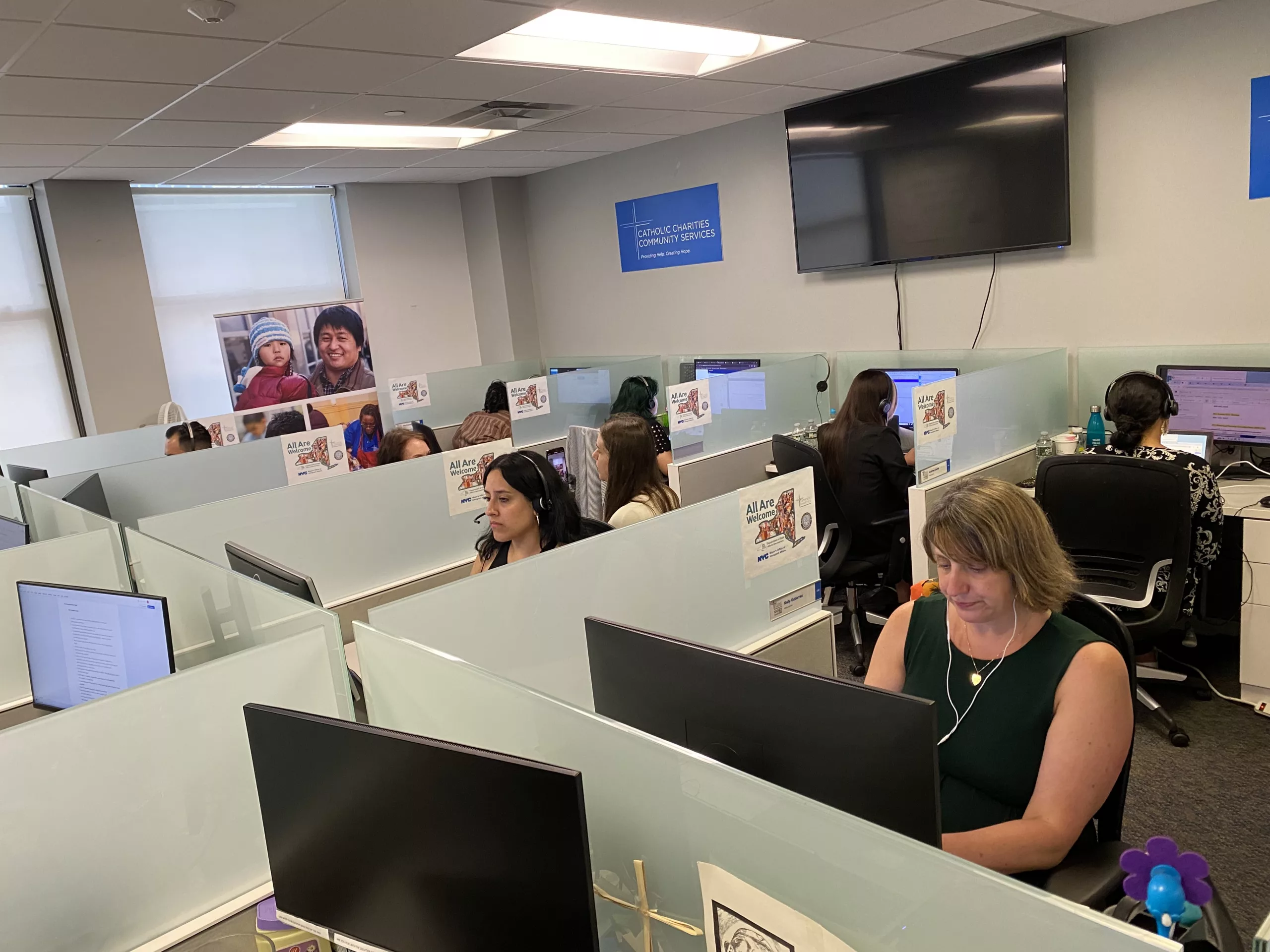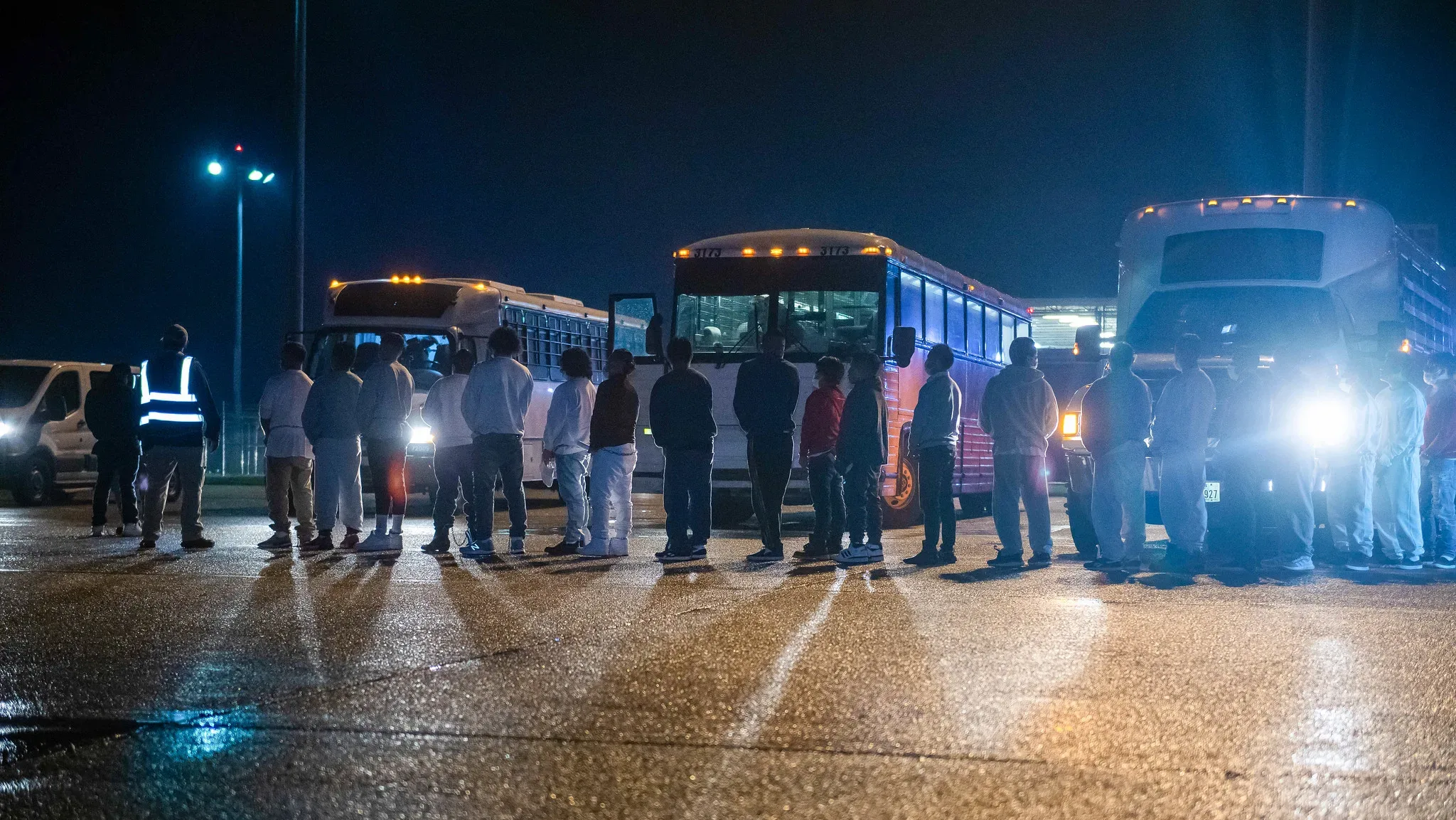Home health aides and advocates who gathered in Chinatown Tuesday to decry the recent ruling of $30 million between 42 agencies and 120,000 workers represented by the largest healthcare union in the nation, 1199SEIU United Healthcare Workers East.
At the protest organized by Ain’t I A Woman?!, signs like “historic insult,” and “1199 loves sweatshop bosses” captured the sentiment of the attendees, who considered the amount as an insult to the years of effort that have been put in the ongoing battle to end 24-hour shifts and receive unpaid wages.
Also Read: Home Health Workers Protest 24-Hour Shifts with Unpaid “Sleep Breaks”
“1199 do you even dare to tell workers how much back pay they will receive from this settlement for years and years of violence of the 24-hour work day? One day amounts to 11 hours of unpaid wages … How many hours, minutes, or even seconds will the workers receive from the settlement? Tell them now,” Yolanda Zhang, one of the organizers, told the attendees.
The arbitrated ruling, where each party selects an independent, third party to reach an authoritative judgment, is the result of a 2019 class action grievance filed by 1199SEIU against 42 home health aid agencies. The union claimed that employers had violated federal wage and hour laws pertaining to unpaid wages for interruptions of sleep and meal times on 24-hour shifts. It also included unpaid overtime between January and October 2015, and travel time prior to 2015.
“This is not a negotiated settlement. The Arbitrator issued an award and order which requires employers to create the Special Wage Fund,” a union spokesperson told Documented regarding the amount in question.
In February of this year, the arbitrator issued an award finding “finding that all forty-two employers had violated various laws to some extent and provided for the creation of a Special Wage Fund to be funded by the employers in the approximate amount of $30,000,000,” according to a document shared by 1199SEIU.
Approximately 120,000 1199SEIU workers are covered under this award and each “Respondent Employer” must fund the Special Wage Fund with $250 per each individual employee who was on the employer’s payroll at any time between the beginning of the statute of limitations period (in most cases January 2, 2013) and October 31, 2021, regardless of whether the individual worker has a claim, says the document.
Former and current workers say the amount does nothing to make up for the years of unpaid wages and the physical and emotional damage that working with patients who require constant care has cost them.
Epifania Hichez, 73, a Dominican immigrant who moved to the United States in 1990, had worked as a home attendant with United Jewish Council of the East Side Home Attendant Services for 11 years and 4 months before retiring in 2014 due to physical strains that affected her body because of the 24-hour work shifts.
“We felt that we had been stomped like roaches,” she said, regarding the moment when she found out that each person would receive just $250. “The union who should be backing us up is siding with the agencies to pay us whatever they want,” she added.
Hichez said that her patients were mostly elderly who needed constant attention during the 24-hour shifts. She had to have surgery for her hand because her tendons had been worn down from the constant manual work that she had to do with her patients such as bathing them, turning them at night, or pushing their wheelchair.
“Look at my hand, I cannot close my fingers,” she said. Her story is not unique, Documented spoke last summer with home care attendants who told similar narratives.
Also Read: Immigrant New Yorkers Unite to Save Chinatown Institutions and Demand Better Labor Standards
During the protests, workers took the mic. “I went to complain to 1199 but the union told me the arbitration would be good and fast. I waited 7 years, and this is the result? $30 million dollars for $6 billion dollars of stolen wages? This is an insult for all women of color. They think we are cheap and less than human. Sisters, is this fair?” Lai Yee Chan, a former home attendant, told the crowd.
However, the 1199SEIU spokesperson said that “The $6 billion figure is based on paying every worker 24 hours on every 24-hour case, which the current law does not require,” referring to a ruling which permits employers to pay for 13 hours of work in a 24 hour shift, so long as employees gets a sleep break of at least 8 hours — and actually receives five hours of uninterrupted sleep — and three hours of meal break time. Something which home care attendants, like Hichez, say is impossible to get when they have to take care of patients that require 100% of their attention.
“We feel vindicated in that the arbitrator agrees that the employers, not the state, broke the law and are responsible for these back wages. However, where we demonstrably disagree is in the redress of this settlement. The only thing ‘historic’ here is how insulting this is to the workers. If this $30 million is divided by 100,000 workers evenly, it amounts to $300 per worker,” representative Ron Kim (AD-40) told Documented via email.
Kim’s office released a 103 page extensive report in January showing that Chinese-American Planning Council (one of the agencies in the settlement) had systematically stolen more $90 million dollars from workers. “I want to be clear: My office will continue to call for a full accounting of ALL back wages, in addition to a complete and thorough investigation of how my constituents accumulated the owed wages in the first place.”
Home health aides who attended the protest told Documented that they will not cash the checks that will be given to them, and that they want to be included in future negotiations because they have a say in the matter.














